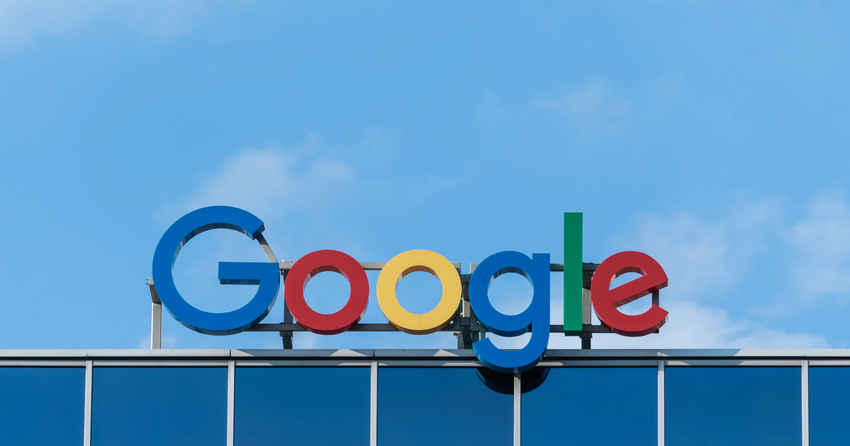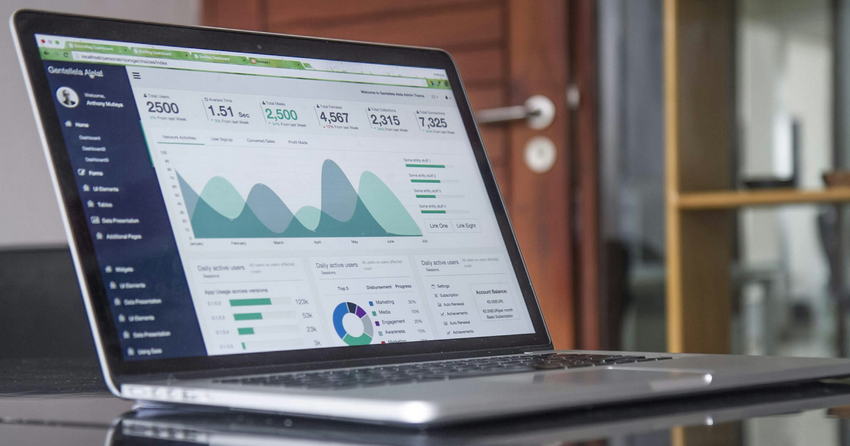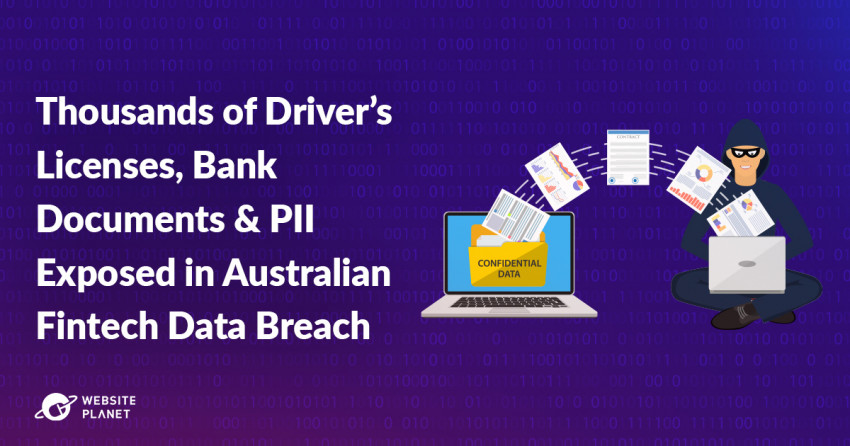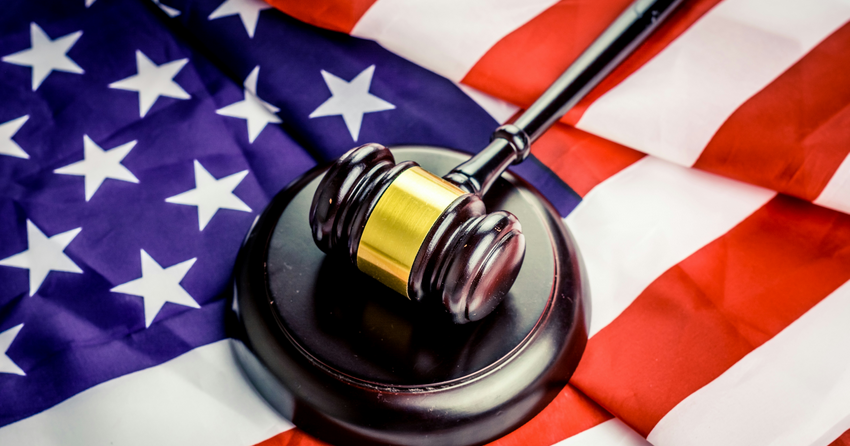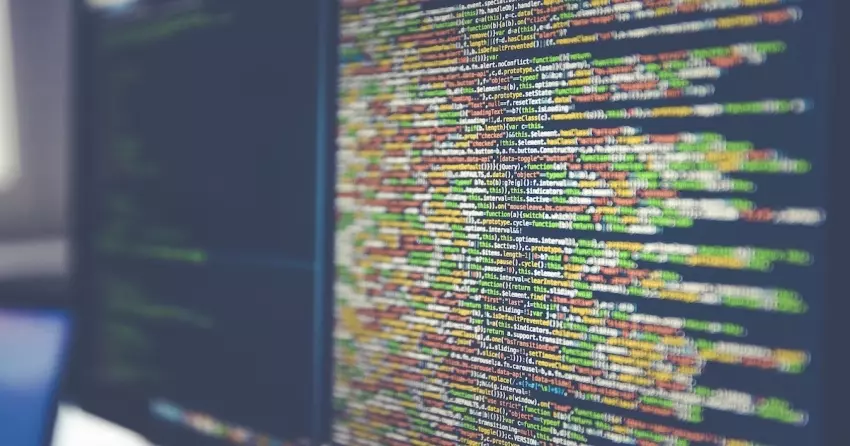
Former Employee Says China Accessed TikTok Data
A former employee of ByteDance, parent company of TikTok, has alleged that the Chinese Communist Party (CCP) accessed TikTok user data in 2018 to gather information on pro-democracy protesters in Hong Kong.
A spokesperson for ByteDance denies the claim. “We vigorously oppose what we believe are baseless claims and allegations in this complaint.”
Yintao Yu, who was head of engineering at ByteDance’s US offices from August 2017 to November 2018, stated in a court filing with the Superior Court of San Francisco that CCP officials accessed user data. This allegation is part of his wrongful dismissal lawsuit.
Yu claims he saw the logs that showed CCP members accessed user data from Hong Kong protesters, civil rights activists and their supporters, as well as TikTok users who uploaded content related to the protests in Hong Kong. He also alleges the data accessed included device identifiers, network information, users’ direct messages, and search and browsing histories.
ByteDance has raised the question of why Yu waited five years to make such a claim. In response, Yu’s lawyer has stated that Yu decided to come forward as a result of the testimony given by TikTok CEO to the US Congress.
While there have been data breaches at TikTok in the past, these were the result of individuals actions unrelated to government activity. This has become the first official claim of the CCP accessing TikTok user data. There are many who have concerns about the security of TikTok user data, which has led to bans on government devices in several countries and a ban on all devices in Montana.
In response to the large amount of press focused on TikTok and data privacy, the video-hosting service has kicked off TikTok Truths, a new newsroom series devoted to discussing its privacy and data security practices.
In the first edition, TikTok outlined which data it collects and stores – and for what purposes. The article wraps up with an assurance for users: “We take our responsibility to safeguard people’s privacy and security seriously and devote considerable resources to achieving this goal.”


